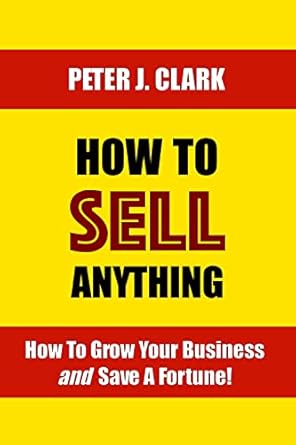Social marketing turns a good profit in the UK
Social enterprises are reporting increased sales as a direct result of doing so, with social media channels such as Facebook, LinkedIn and Twitter potentially adding an average of £212,000 to the bottom line, according to research from O2 and RBS in the UK.
The survey of nearly 500 social enterprises (defined as "businesses that place social or environmental objectives equal to their financial ones") found that nearly two thirds (64%) believe that social media usage would boost their sales by 15% in the next 12-18 months (based on the average annual turnover of £1,419 million).
In fact, it appears that social enterprises are far ahead of more traditional small and medium enterprises in embracing social media. Two thirds (67%) of social enterprises use social media in the day-to-day running of their operations, compared to only 10% of traditional small businesses.
The majority of social enterprises (85%) use such channels to promote their products and services, with 41% networking online with other organisations that share similar values. More than one third (38%) also use such channels to share and develop new ideas with other businesses.
Effective use of such new technologies is one reason why the future is looking increasingly positive for the UK's estimated 62,000 social enterprises. Of those surveyed, exactly half (50%) said they planned to invest in their business in the coming year, while more than one third (35%) expected to hire more staff in 2011.
"It's no secret that the social enterprise sector is thriving despite the challenging economic climate. It's perhaps not surprising to find so many social enterprises making effective use of social media, given that they don't always enjoy the same established networks of customers, partners and suppliers that larger businesses do," said Simon Devonshire, SME general manager for O2. "However, our experience suggests they are considerably more advanced in their use of such technologies than other mainstream businesses, and the extent to which social media is fuelling growth is striking; it is becoming an indispensible part of these businesses' growth plans, helping them promote products and services, build their brands, and develop ideas and innovations."
The most popular online channels and social media outlets are often low-cost or no-cost, with social networks such as Facebook and LinkedIn (91%) being the most widely used by social enterprises, followed by the micro-blogging service Twitter (70%) and blogs (40%). Nearly half (42%) of social enterprises described such social media channels as "very important to running their business".
According to Paul Hodgkin, founder and CEO of Patient Opinion, an independently run website providing reviews of patients' experiences with UK health services, "Social media enables us to promote our services in the absence of advertising or sponsorship spend, and provides our users with the opportunities to discuss, comment, and share their views. It's also the ideal means for our busy staff to interact and build trust with our customer base. In fact, our business is entirely built on what can be described as the 'new economics' of social media."
O2 currently claims some 22.2 million mobile customers and over 700,000 fixed broadband customers in the UK. O2 now employs 11,000 people in the UK throughout 490 retail stores. Its parent company, Telefonica Europe, uses O2 as its commercial brand in the UK, Ireland, Slovakia, Germany and the Czech Republic, and has 56.3 million customers across these markets. Telefonica Europe also owns 50% of Tesco Mobile, which operates in the UK and Ireland, and 50% of Tchibo Mobilfunk in Germany.
Sources: O2 / The Marketing Factbook.
Copyright © 2011 - 2025 The Marketing Factbook.
Categorised as:
- Customer Experience
- Knowing The Customer
- Marketing Know-How
- Marketing Technology
